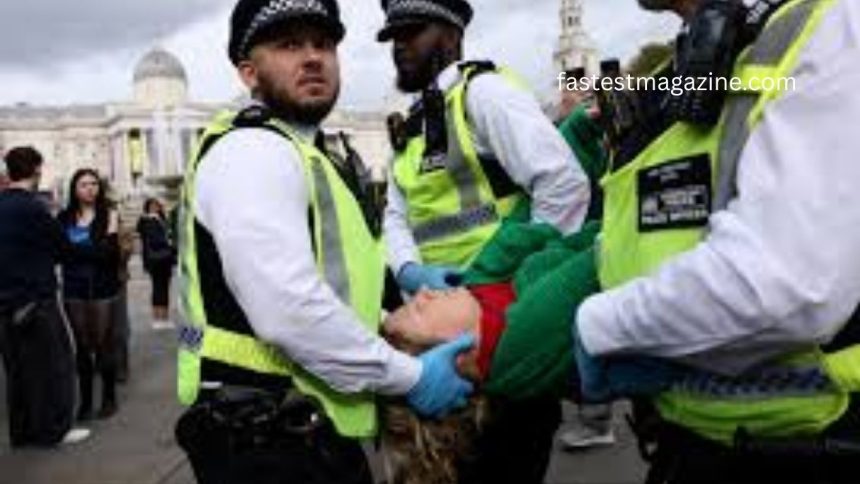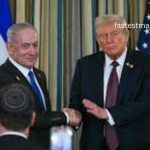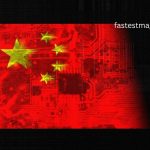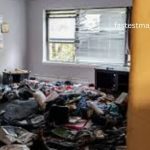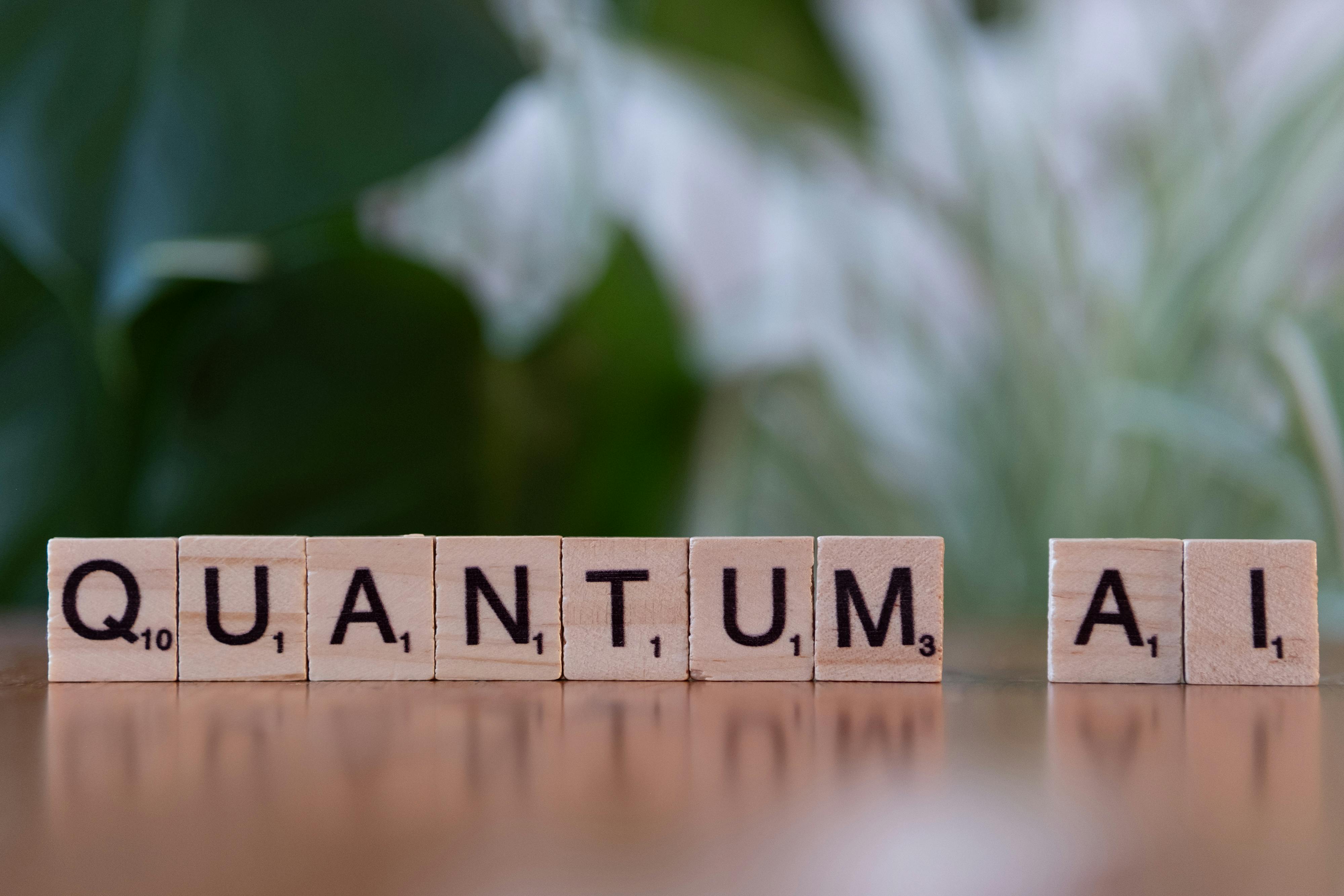London witnessed intense scenes on Saturday as hundreds of protesters were arrested for supporting the banned pro-Palestinian group Palestine Action. The protest continued despite government pleas to postpone the demonstration following a deadly attack at a Manchester synagogue that left two people dead.
The march, held in central London’s Trafalgar Square, highlighted the growing tension between civil liberties, national security concerns, and the right to political expression. Police confirmed over 440 arrests, with demonstrators chanting in defiance and demanding the reinstatement of Palestine Action, which was banned earlier this year under Britain’s counterterrorism laws.
Read More: https://fastestmagazine.com/netanyahu-nears-historic-breakthrough/
Deadly Synagogue Attack Sparks National Mourning
The protest came just two days after tragedy struck in Manchester, where a British man of Syrian descent carried out an attack at a local synagogue, killing two individuals before being shot dead by police. Authorities later revealed that the attacker may have been influenced by extremist Islamist ideology, sparking widespread shock and grief across the country.
The incident prompted increased security measures nationwide, particularly around places of worship. Both synagogues and mosques have received heightened police protection as the government seeks to prevent retaliatory violence and ease inter-community fears.
Defiance in the Face of a Ban
Despite pleas from police and government officials to postpone the demonstration out of respect for victims, organizers went ahead with the event. The protest was originally scheduled before the Manchester attack and aimed to denounce the banning of Palestine Action, a group known for targeting companies linked to Israel’s defense industry.
The group was proscribed under anti-terrorism laws in July after members allegedly broke into an airbase and damaged military aircraft. Supporters argue that the organization’s direct-action tactics—such as factory occupations and public disruptions—are part of a legitimate resistance movement, not terrorism.
Saturday’s rally, organized by the civil rights collective Defend Our Juries, saw over a thousand people gather in solidarity. Protesters carried placards, chanted “Free Palestine,” and accused authorities of suppressing dissent. Many waved Palestinian flags and wore red armbands to symbolize solidarity with Palestine Action’s campaign against what they call “war profiteering.”
Starmer’s Plea for Calm and Unity
British Prime Minister Keir Starmer took to social media earlier in the day, urging restraint and respect during a moment of national mourning.
“I urge anyone thinking about protesting this weekend to recognize and respect the grief of British Jews,” he said. “This is a time for mourning, not division. We must stand together as one nation.”
Starmer’s call for unity reflected the government’s concern that protests could inflame already fragile interfaith relations. The Prime Minister’s message resonated with many who fear the ongoing Middle East conflict is deepening divisions within Britain’s multicultural society.
However, activists accused the government of exploiting the tragedy to silence legitimate protest. “We are here peacefully,” said protester Angie Zelter, a long-time human rights campaigner. “The police are arresting non-violent demonstrators who are simply standing up for justice. Banning Palestine Action is a violation of our right to protest.”
Mass Arrests in Trafalgar Square
By late afternoon, police confirmed 442 arrests, roughly half the number made at a similar demonstration in September. Officers moved through the crowds, detaining individuals carrying placards or chanting slogans that referenced Palestine Action.
Footage from the scene showed protesters applauding as fellow demonstrators were taken into custody. Many were seen holding their hands up peacefully while chanting “Shame on you!” at police officers. Despite the tension, no serious violence was reported.
The Metropolitan Police defended their actions, citing the ban on Palestine Action and the need to uphold public safety. “While the right to protest is protected, supporting a proscribed organization is a criminal offense,” a spokesperson said. “Our officers acted proportionately and in line with the law.”
Elsewhere in the city, six activists were arrested on Westminster Bridge after unfurling a large “Palestine Action” banner directly across from Parliament. The incident temporarily disrupted traffic but was quickly contained.
Balancing Security and Civil Rights
The ongoing protests highlight a growing national debate over how far the government can go in limiting political expression in the name of security. Critics argue that proscribing groups like Palestine Action risks blurring the line between activism and extremism.
Civil rights advocates have warned that using anti-terror laws to target peaceful protest sets a dangerous precedent. “The criminalization of solidarity movements is deeply troubling,” said a spokesperson from Defend Our Juries. “While we condemn the tragic attack in Manchester, we also defend the right of citizens to protest government policy without fear of imprisonment.”
Police officials countered that the timing of the demonstration was insensitive, noting that resources were already stretched due to heightened security around Jewish and Muslim institutions. “Our priority this weekend is to protect vulnerable communities,” a senior officer stated. “Diverting officers to manage protests compromises that mission.”
Rising Interfaith Tensions Across Britain
Thursday’s Manchester attack reignited fears of antisemitic and Islamophobic violence. Jewish and Muslim organizations have both reported a surge in hate crimes over recent months, coinciding with renewed conflict in the Middle East.
The situation has created an atmosphere of unease across British communities. Jewish leaders have urged the government to ensure strong security at synagogues, while Muslim leaders have condemned the Manchester attack and called for unity against extremism.
Community advocates warn that the polarization surrounding Israel and Palestine is spilling into British streets. “What we’re seeing is grief turning into division,” said Dr. Sarah Amin, a sociologist specializing in interfaith relations. “The challenge now is preventing anger from overwhelming empathy.”
Global Context: The Shadow of the Gaza Conflict
The protests in London cannot be separated from the broader geopolitical backdrop. Israel’s ongoing war in Gaza—launched two years ago after a Hamas attack—continues to fuel outrage among pro-Palestinian groups worldwide.
International leaders, including former U.S. President Donald Trump, have urged Israel to halt its bombardment amid reports that Hamas may be ready to release hostages and agree to partial ceasefire terms. The humanitarian crisis in Gaza has intensified global calls for accountability and peace negotiations.
For many British protesters, Saturday’s march was not just about Palestine Action but about the moral responsibility of Western nations. “We are standing against war profiteering and for human rights,” said one demonstrator. “Silencing us won’t stop the truth from spreading.”
Public Opinion and the Path Forward
The events in London have reignited debates over freedom of speech, counterterrorism policy, and national unity. Public opinion remains divided. Some believe the government is right to act firmly against organizations that engage in property damage and confrontational tactics. Others insist that protest and dissent are essential pillars of democracy.
Experts suggest that reconciliation will depend on rebuilding trust between communities and ensuring that policies balance security with liberty. Efforts are now underway among religious and civic leaders to promote dialogue and discourage further unrest.
“The coming weeks are crucial,” said analyst James Whitmore, a political commentator. “If the government handles this moment with empathy and restraint, it can ease tensions. But if it continues to conflate activism with extremism, anger will only grow.”
Frequently Asked Questions:
What was the protest in London about?
The protest was organized to oppose the government’s ban on the pro-Palestinian group Palestine Action, which was recently proscribed under anti-terrorism laws. Demonstrators gathered in Trafalgar Square to demand the reinstatement of the group and to defend the right to peaceful protest.
Why was Palestine Action banned in the UK?
The UK government banned Palestine Action in July after members of the group allegedly broke into an airbase and damaged military aircraft. Authorities labeled it a terrorist organization, claiming its activities posed security risks. Supporters argue that it is a non-violent activist network exposing companies that supply weapons to Israel.
How many people were arrested during the protest?
According to the Metropolitan Police, around 442 people were arrested during the demonstration. Most were detained for showing support for Palestine Action, which is now illegal under British law.
Who organized the London protest?
The demonstration was organized by Defend Our Juries, a civil rights collective that campaigns against political suppression and in favor of freedom of expression. The group emphasized that the protest was peaceful and unrelated to recent acts of violence.
What triggered the call to cancel the protest?
Authorities had urged organizers to cancel the demonstration following a deadly attack at a Manchester synagogue, where two people were killed. The attack heightened national mourning and prompted calls for restraint to avoid inflaming religious or political tensions.
What did Prime Minister Keir Starmer say about the protest?
Prime Minister Keir Starmer appealed for calm, urging citizens to respect the grief of the Jewish community. He stated that the weekend should be a time of mourning and unity, not division or confrontation.
Were the protests peaceful?
Yes. The majority of demonstrators remained peaceful. Videos showed protesters applauding those arrested and chanting “Shame on you” at police officers. There were no reports of major violence, although arrests were made for displaying banned slogans and symbols.
Conclusion
The London protests against the Palestine Action ban have become a defining test of Britain’s values—challenging the balance between national security and the right to free expression. While the government and police argue that enforcing the ban is essential for public safety, demonstrators see it as an alarming sign of democratic erosion. In the shadow of the Manchester tragedy, emotions are running high, and divisions within society are deepening. Yet, the events in Trafalgar Square also reveal the unwavering determination of citizens to stand up for justice and civil rights, even in the face of state power.


